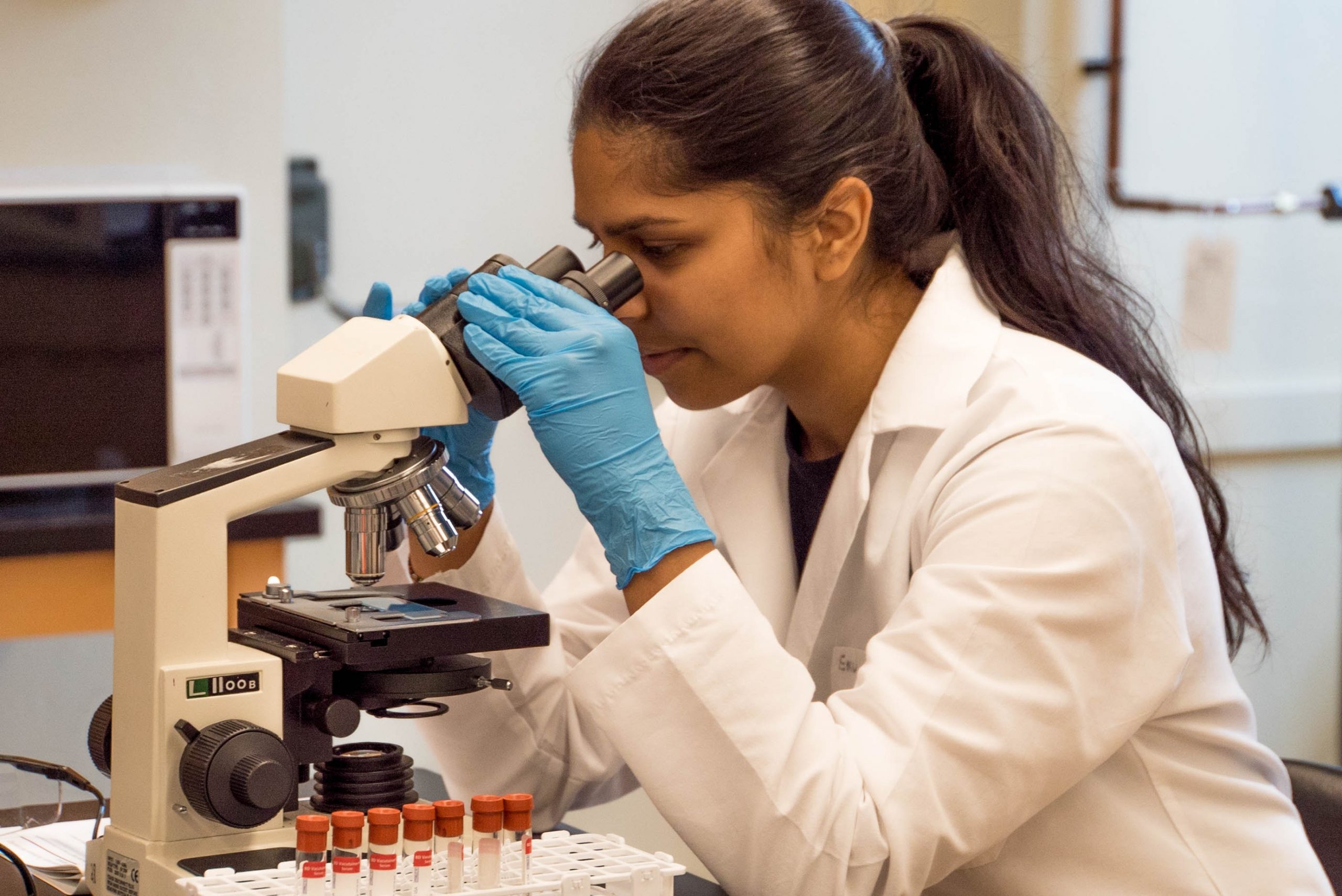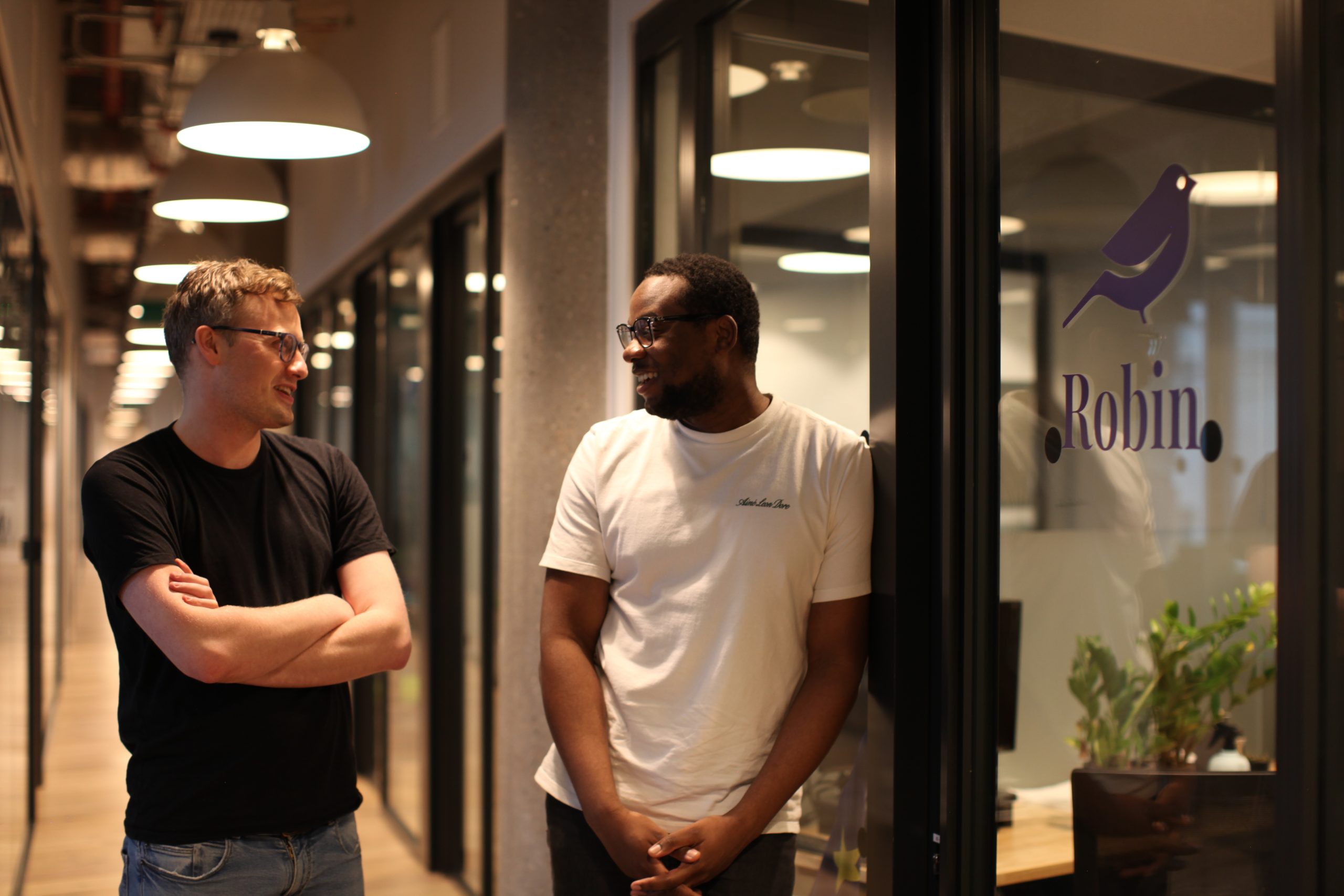A report released today from venture capital firm MMC Ventures, in association with Barclays, shows that one in 12 new startups in Europe is an AI company – compared with just one in 50 in 2013. The report – State of AI 2019: Divergence – provides unique insight into the proliferation of AI, Europe’s 1,600 AI entrepreneurs, and AI’s implications for society.
The State of AI shows that AI technology has moved into the mainstream. Corporate adoption of AI has tripled in the last 12 months – one in seven large companies has adopted AI. Within 24 months, two thirds of large companies will have live AI initiatives. Over three years, the proportion of enterprises with AI initiatives will have grown from one in 25 to one in three – making AI one of the fastest paradigm shifts in the history of enterprise technology. However, increasing adoption overall masks a growing divergence between leaders and laggards in understanding of AI and investment in its benefits.
The report also highlights that the landscape for Europe’s entrepreneurs is changing. MMC Ventures’ research team, led by David Kelnar, analysed 2,830 European AI companies and found that while hype around AI remains extensive (40% of ‘AI’ companies demonstrate little evidence of AI), Europe has a thriving ecosystem of 1,600 AI startups. Europe’s AI ecosystem is also maturing – one in six (16%) of Europe’s AI companies is a ‘growth-stage’ company with over $8m of venture funding.
The UK is the powerhouse of European AI, with nearly 500 startups – a third of Europe’s total and twice as many as any other country. Germany and France are flourishing AI ecosystems with high quality talent, increasing investment and a growing roster of breakout AI companies. Spain’s contribution to European AI exceeds its size. Despite a population half the size of Germany, it has almost as many AI startups. Extensive immigration, which correlates with greater entrepreneurship, is deepening the country’s high quality pool of talent.
Healthcare is a focal point for AI innovation. More AI startups – one in five (21%) – serve the health and wellbeing sector than any other. In the coming decade, it is anticipated that developers will have a greater impact on the future of healthcare than doctors. Activity is thriving in the health and wellbeing sector given profound new opportunities for process automation and cost reduction through AI. The UK is the heartland of European healthcare AI, with a third of the Continent’s startups founded in hubs including London, Oxford and Cambridge.
David Kelnar, Partner & Head of Research, MMC Ventures commented:
“At MMC Ventures, our research team has been anticipating the advance of AI and investing in its promise. In 2017, our ‘State of AI’ report highlighted that AI was at a tipping point, poised to proliferate. Our new report highlights that today, as AI goes mainstream, a divide is emerging. Between nations and within industries, winners and losers are emerging in the race for AI adoption, the war for talent and the competition for value creation. The landscape for Europe’s entrepreneurs, meanwhile, is in flux and presents new opportunities and challenges.
“As new AI technology makes the impossible possible, we also face divergent futures. AI offers profound benefits, from improved healthcare to more accessible transportation, but presents risks that must be managed responsibly. Automation may displace jobs. Biased AI systems could increase inequality. New, ‘generative AI’ will cause societies to grapple with challenges of truth and trust. Just this month, research institute OpenAI declined to release the code and data behind their new AI text generator given concerns it could be misused to create lifelike ‘fake news’.
“At MMC Ventures, AI remains a core area of research, conviction and investment. We help the entrepreneurs we back take advantage of the power of AI, succeed in a changing market, and navigate the complex challenges AI presents”.
Steven Roberts, Managing Director of Barclays UK Ventures, commented: “AI has grown rapidly over the past few years and already we’ve seen the impact on our everyday lives, from facial recognition to the recommendations we’re served up. As the technology becomes more prevalent and complex, however, it’s important to remember any AI proposition must meet two criteria: to solve a real-life problem for people, businesses and society, and to do so in a responsible and inclusive way.
“These two priorities are at the heart of the work we’ve done in the space, whether that be supporting start-ups and scale-ups, hosting events to demystify the technology, or connecting larger businesses to the most exciting entrepreneurs in the space. We believe that collaboration is key to ensuring AI is a force for good and we’re excited to continue playing our part in this hugely innovative environment, bringing together people, ideas and funding.”




